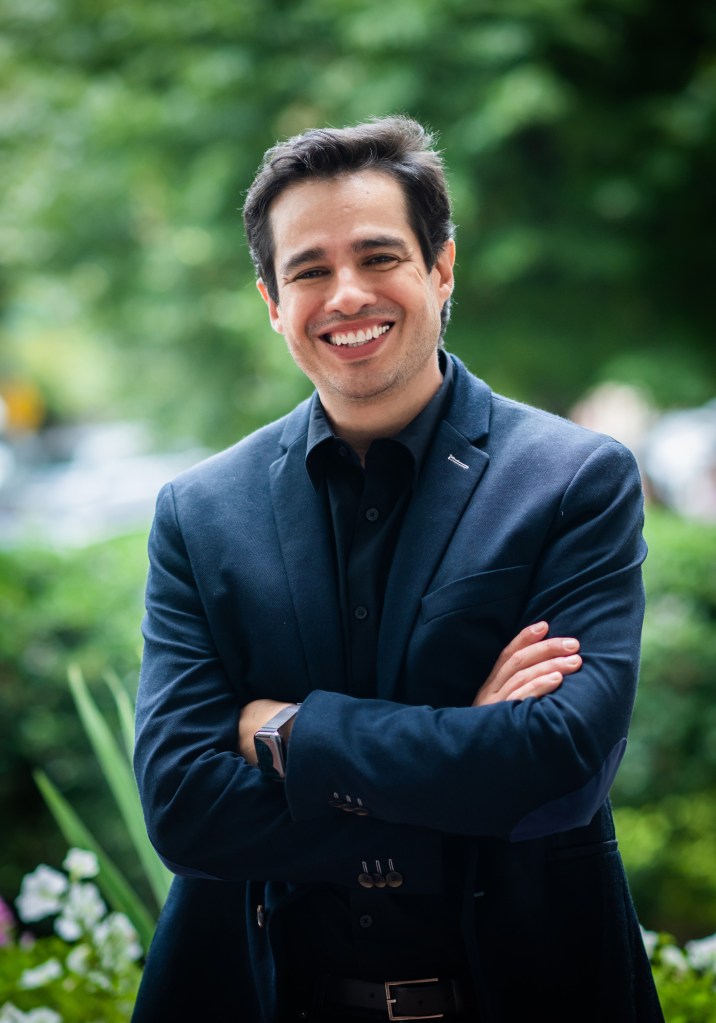My research investigates how organizations respond and adapt to large-scale disruptions and, particularly, how the decisions that companies make during adversity influence their performance and the broader society. My work seeks to understand not only the direct effects on firms but also how these strategies shape societal responses to adversity, offering insights that bridge the gap between market and nonmarket strategies.
I believe that strategic decisions made during disruptions, such as contributing to disaster relief, adopting new technology, or implementing social innovation, carry greater consequences for market competition and social welfare than those made in stable environments. Large disruptions, whether arising from climate change, natural disasters, financial crises, pandemics, political unrest, terrorism, wars, or economic disintegration, can reshape stakeholder-firm relationships, drive business renewal and radical innovation, alter social norms and regulations, affect market development, and even lead to notable behavioral changes.

In a business landscape characterized by the uncertainty and urgency posed by large-scale shocks, biased and suboptimal decisions often overshadow informed ones, and learning becomes rare. Through my work, I aim to enrich global strategy scholarship and provide business decision-makers with insights that promote resilience and sustainability, as they grapple with the fundamental grand challenge of managing disruptions at the global level.
I hold a PhD in Applied Economics and Management from Wharton and degrees from the MIT and ITAM. Prior to academia, I worked with financial derivatives for two banks and with policy instruments to finance catastrophic risk for two multilateral agencies.
I co-direct GLOB~S and serve on the review boards of the Academy Management Journal and the Strategic Management Journal.
